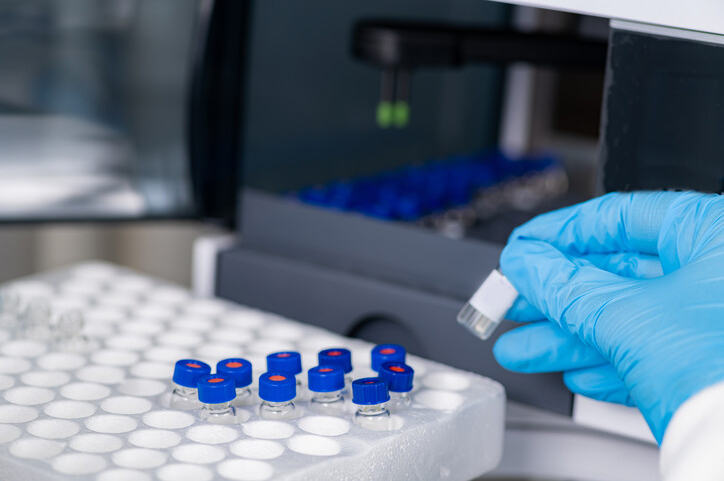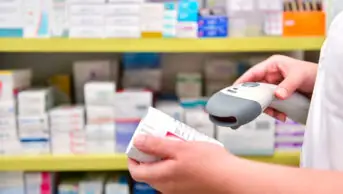
MICROGEN IMAGES / SCIENCE PHOTO LIBRARY
Major drug manufacturer Sanofi could stop holding clinical trials in the UK owing to the steep rise in the cost of the voluntary levy on pharmaceutical companies’ sales, its UK chief executive has said.
The ‘Voluntary scheme for branded medicines pricing and access’ (VPAS), which runs until December 2023, is an agreement between the government and the pharmaceutical industry that regulates the cost of branded medicines to the NHS.
A sharp rise in the percentage of branded drugs revenue — which the industry is required to hand back under the scheme — from 5.1% in 2021 to 26.5% in 2023 led large pharmaceutical firms AbbVie and Eli Lilly to withdraw from the scheme in January 2023.
In an interview on the 17 March 2023, Jessamy Baird, chief executive of Sanofi UK, told The Pharmaceutical Journal that its senior figures were questioning whether clinical trials in the UK would represent value for money for the firm in the future.
“[The] VPAS has propelled the UK into global boardroom conversations, but not for the right reasons. Given where we are, what would our reasons be for us deciding to place our trials in the UK?” she said.
Baird added that the huge increase in the VPAS rate had created a link between a sales levy and decisions on where to site clinical trials.
“I would argue that [when VPAS rates were] around 6–7% in the UK, new decisions around early research and development investment were not linked to VPAS,” she said.
“That situation has changed. When you are looking at a revenue tax of 27% it does bring up difficult questions, at a time when there is an existing decline in clinical trials.
“You are not going to do trials in therapy areas where you don’t think can get the medicine reimbursed. Why would you trial a medicine in a country where you might not ultimately gain access for those drugs? It’s not ethical to do [trials], if you don’t think you can get reimbursement in that country.”
On 1 March 2023, the Association of the British Pharmaceutical Industry proposed that manufacturers should pay a fixed levy on sales of medicines to the NHS, replacing the VPAS with a new ‘Voluntary scheme for pricing access and growth’.
Under the proposals, manufacturers would pay 6.9% on profits made from selling medicines to the NHS, but the Department of Health and Social Care (DHSC) described the proposals as “completely unaffordable”.
Despite uncertainty over the future of the voluntary levy, Baird said Sanofi had no wish to withdraw activities from the UK if agreements can be reached.
“We are currently working really hard to turn the situation around for the UK,” she said.
“We genuinely believe life sciences can be part of a positive growth strategy for the country. For an extremely long time we have worked with the government on a voluntary scheme. The impact of the situation we have ended up in — we need to get back to internationally comparable rates.”
The numbers of patients registered to pharmaceutical industry-funded trials in the UK fell 44% between 2017/2018 and 2021/2022, from 50,000 patients to 28,000, according to a report by the ABPI published in October 2022.
The report said that the decline is because of “consistently slow and variable study set-up timelines”.
“Between 2018 and 2020, the median time between a clinical trial in the UK applying for regulatory approval and that trial delivering its first dose to a participant rose by 25 days to 247 days.”
The DHSC has been approached for comment.


